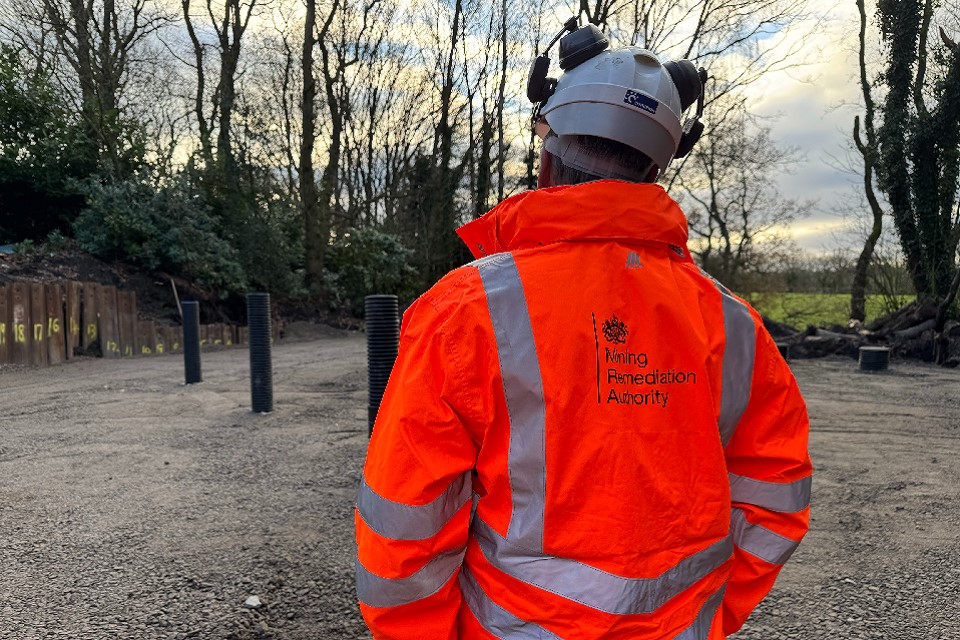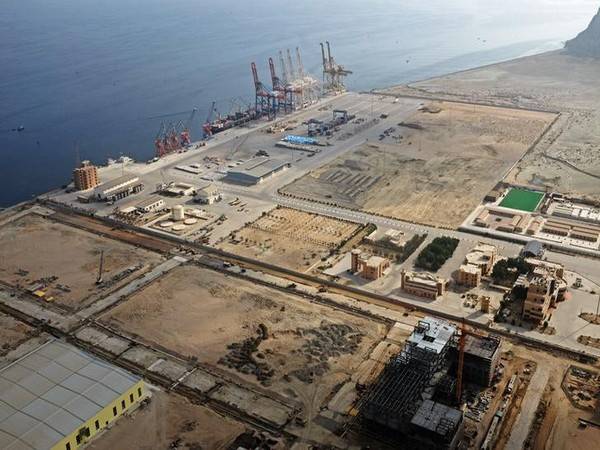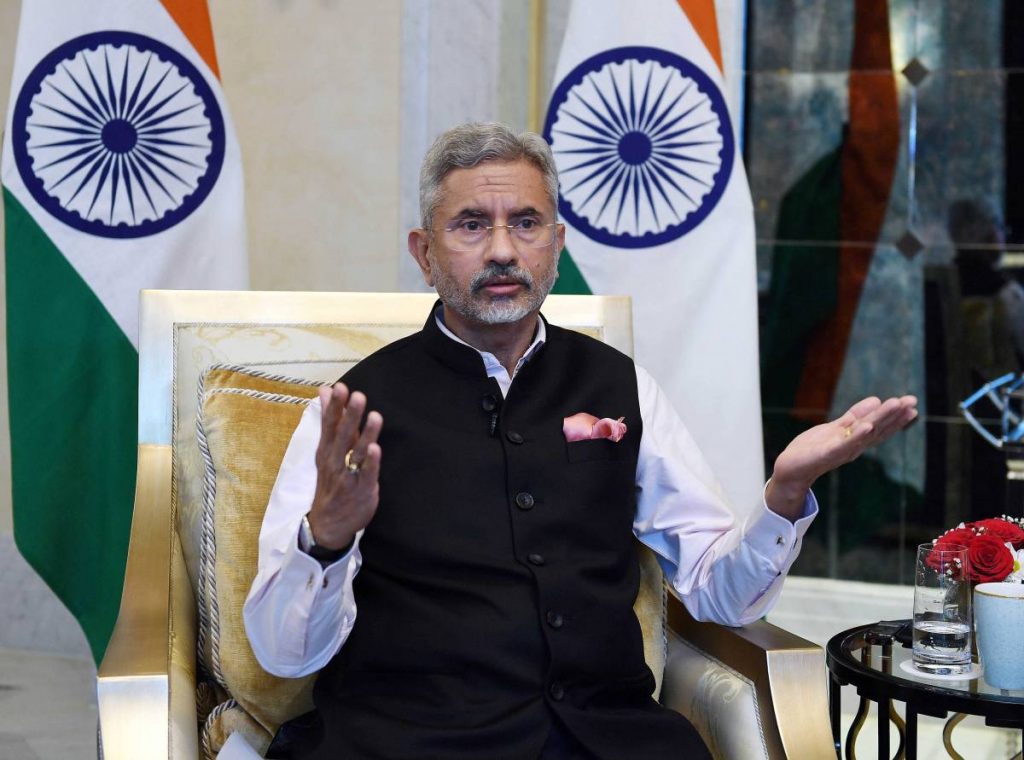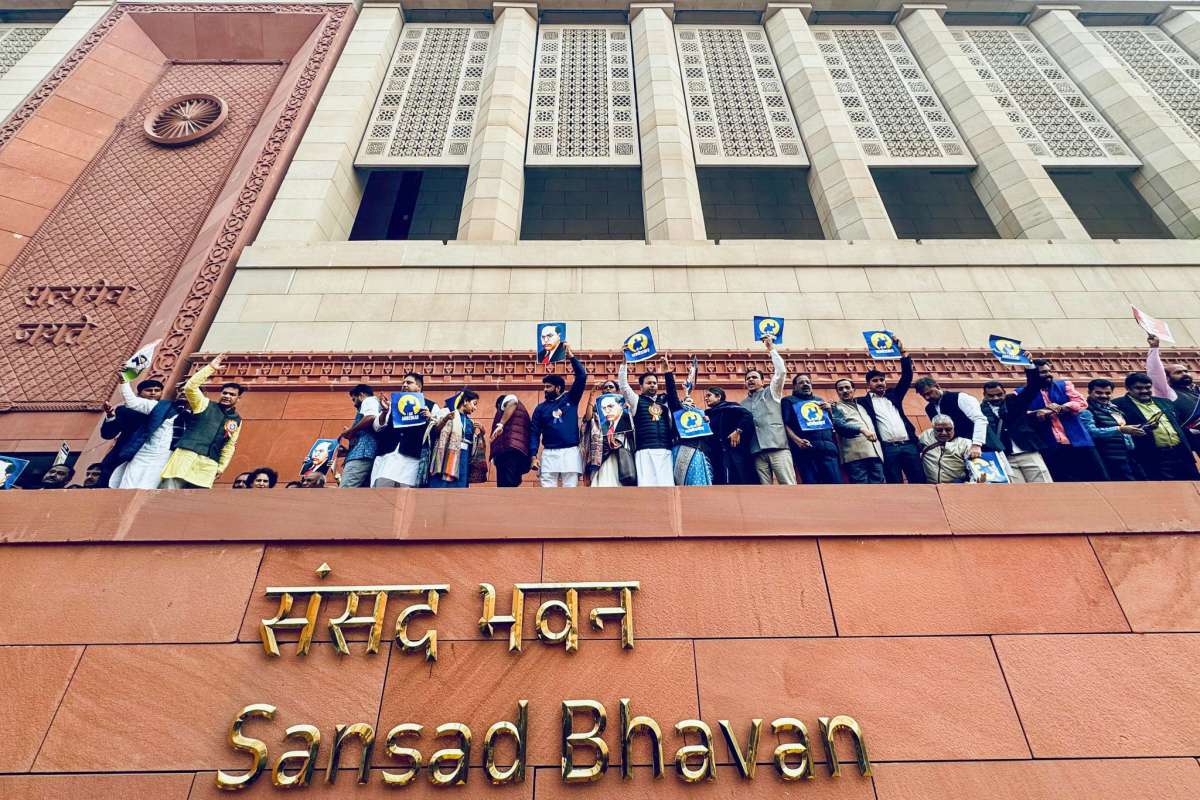Balochistan has been maintaining that the mining company opted for illegal means and bribed government officials to get advantage in securing licence in the province…reports Hamza Ameer.
The judge of a UK court has denied Pakistan the right to level corruption allegations as a defence and challenge the jurisdiction of an arbitral tribunal in the Reko Diq mines case.
Judge Robin Khowles of the High Court of Justice, who was hearing the case ‘Province of Balochistan vs Tethyan Copper Company’ (TCC), rejected Balochistan’s position.
Balochistan, referring to a Supreme Court decision, contended that the International Chamber of Commerce (ICC) tribunal lacked jurisdiction in the Reko Diq case as the underlying agreement was void due to corruption.
However, it was not sufficient to validate that the accusations of corruption had been raised before the tribunal.
As per the decision, the UK arbitration law stops parties from raising issues before the court, which had not been mentioned during the arbitration.
Balochistan has been maintaining that the mining company opted for illegal means and bribed government officials to get advantage in securing licence in the province.
However, the UK judge highlighted that even though the Supreme Court of Pakistan had declared the joint venture void, its decision was not based on Pakistan’s allegations that the agreement had been secured through bribes.
“Descriptions of or references to corruption are insufficient. The question with which the corruption allegation is concerned is whether the Supreme Court of Pakistan found that the [agreement] and related agreements were void due to the existence of corruption,” Knowles maintained.
“In my judgment, it did not. If the province has evidence relating to corruption that was not before the ICC tribunal… then it is for the province to seek to address those matters with the arbitral tribunal; it does not make it legitimate for the province to raise them with the court as a challenge to the jurisdiction of the arbitral tribunal,” the judge said.
This is the second time that Pakistan’s claims have been rejected in the case. In 2019, the International Centre of Settlement of Investment Disputes (ICSID) had rejected Pakistan’s allegations that former the Chief Minister of Balochistan province, Nawaz Aslam Raisani, was offered a bribe of $1 million by the Tethyan Copper Company in relation to the Reko Diq mines in 2009.
TCC is a joint venture of Barrik Gold Corporation of Australia and Antofagasta PLC of Chile. The Reko Diq district in Balochistan is well known for its mineral wealth, including gold and copper.
The dispute was taken up by the ICSID tribunal after TCC claimed $8.5 billion when the mining authority of Balochistan rejected its application for a multi-million dollar mining lease in the province in 2011.
ALSO READ-Free Balochistan Movement stage protest in UK
READ MORE-SPECIAL: Travails of Balochistan












